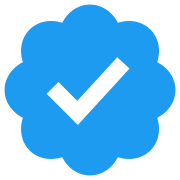Sign in to follow this
Followers
0

Supreme Court to decide if White House went too far fighting misinformation
By
jonmx, in The Geek Club

By
jonmx, in The Geek Club